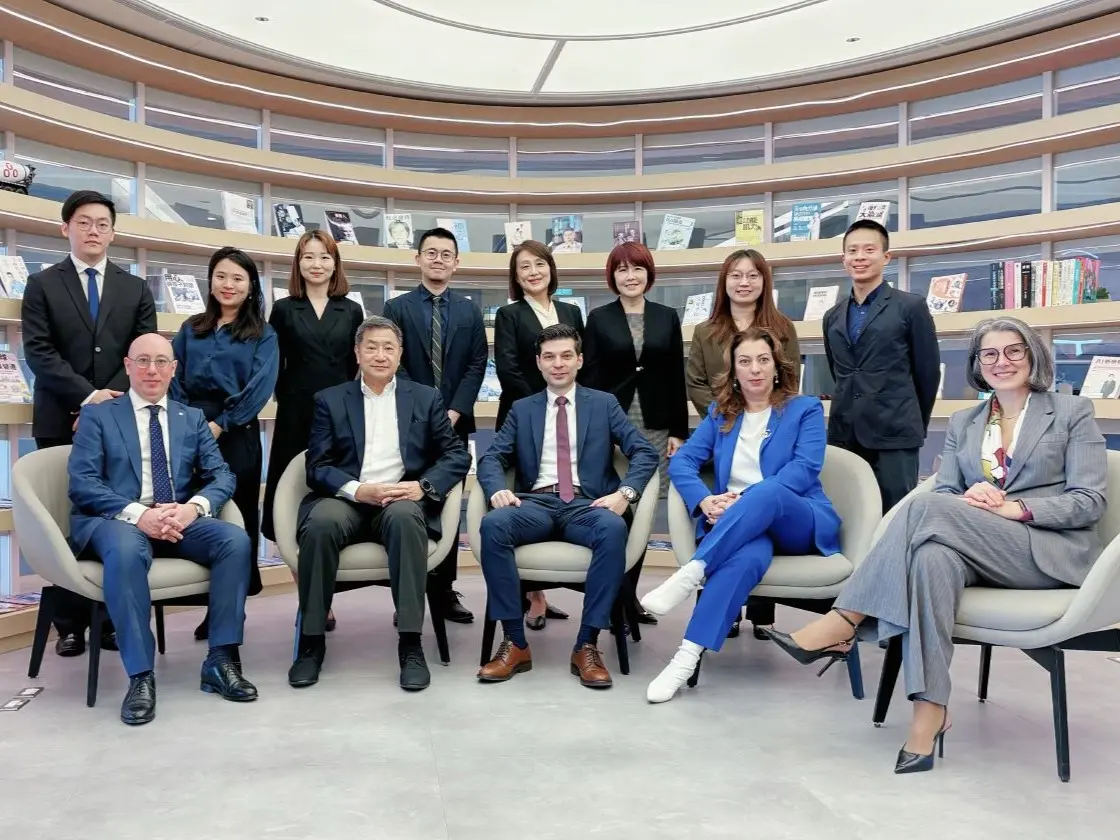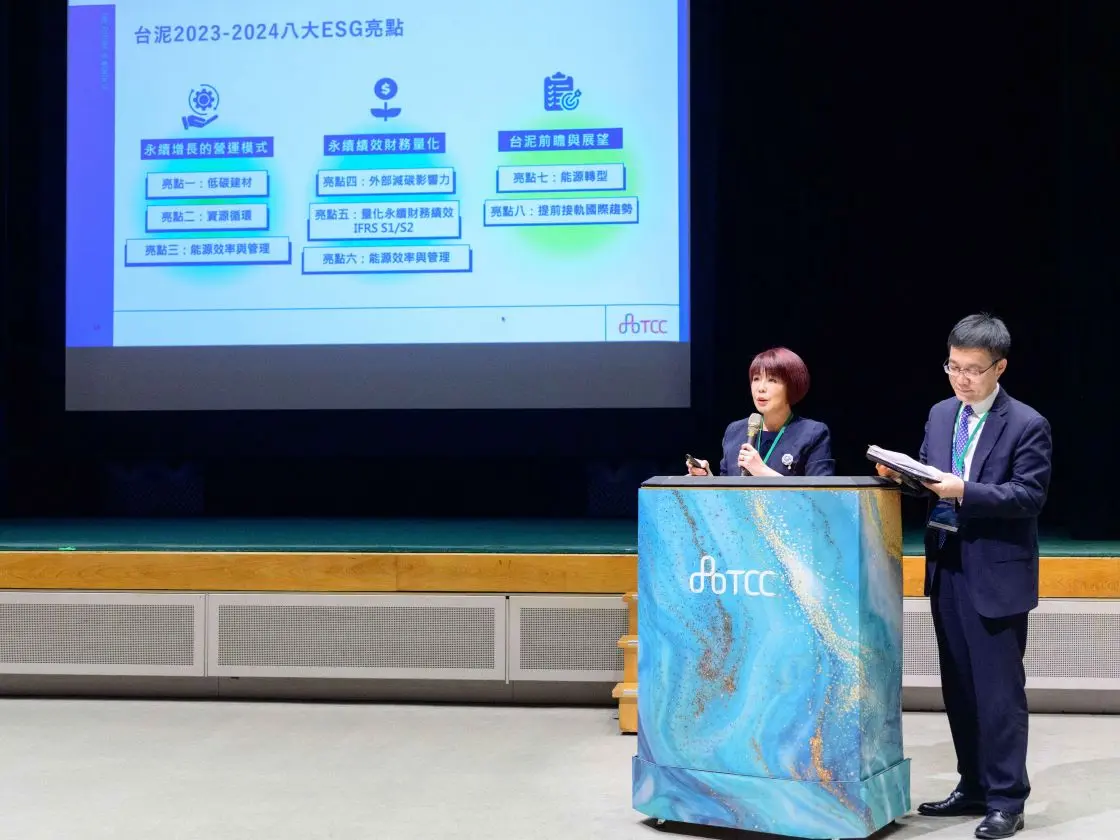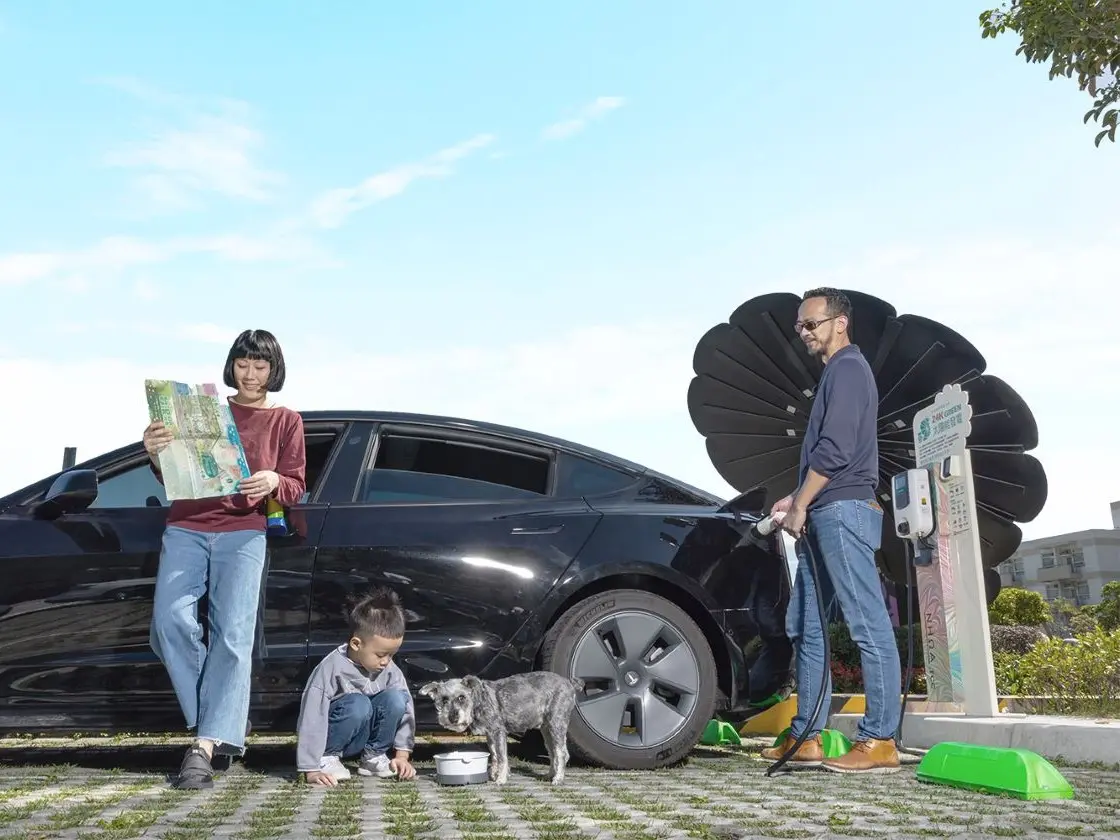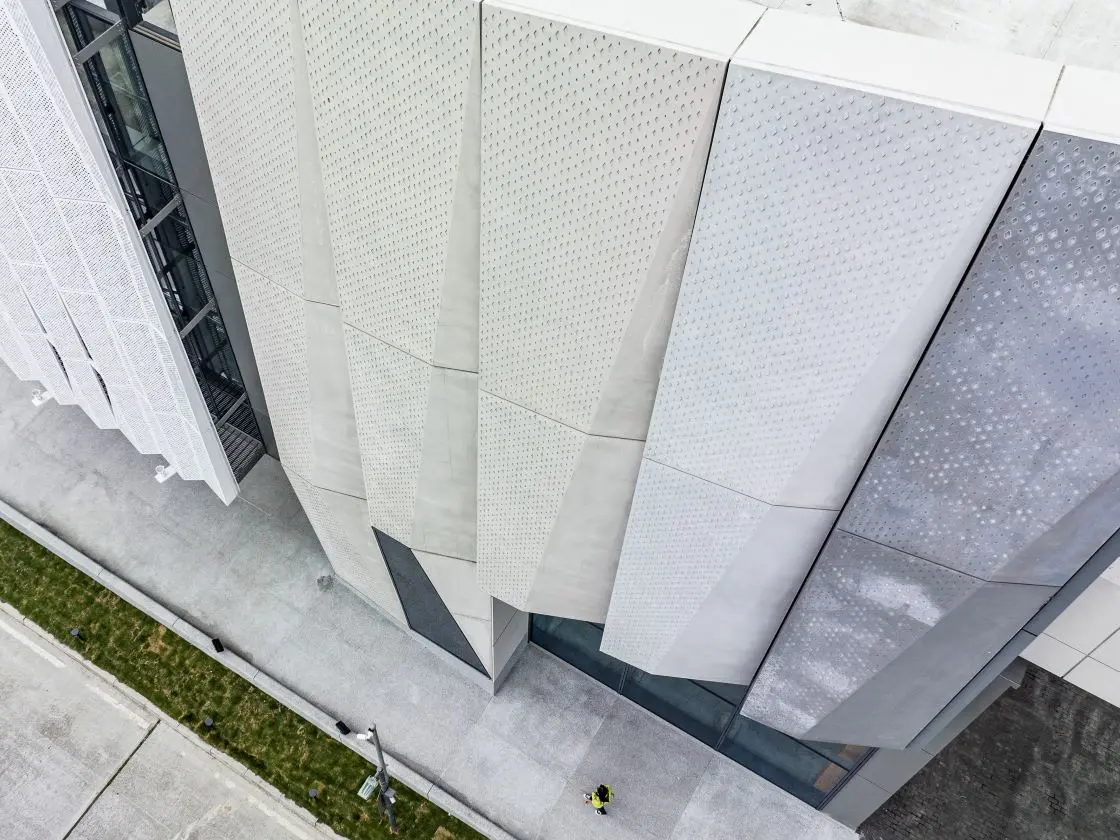My TCC Adventure—Notes from a Sustainability Office Intern
- Home
- Sustainable E-newsletter
- My TCC Adventure—Notes from a Sustainability Office Intern
Social 2025 Vol.01
My TCC Adventure—Notes from a Sustainability Office Intern
- #Sustainability Interns
-
Share

What are career options for an Ecology Master's Student?
Fueled by my passion for Taiwan's ecosystems, I've immersed myself in ecological research from undergraduate to graduate studies. But as the saying goes among peers, “Study life sciences, struggle for life”—after seven years in ecology, I found myself wondering: what's next? Traditionally, many pursue a PhD, hoping to one day become a professor or researcher. Others join government agencies like the Taiwan Forestry Research Institute or Forestry Bureau, while some work as ecological consultants, assessing biodiversity, evaluating development feasibility, or conducting long-term monitoring.
These paths are solid, but something felt missing for me. Fortunately, just before facing the “graduate-and-unemployed” dilemma, I discovered the field of corporate sustainability. After reading sustainability reports from local and international companies, I noticed that while Taiwanese firms aspire to sustainable development, they often stumble due to a lack of foundational knowledge. This realization sparked my decision to intern in the sustainability sector. Through National Taiwan University's Mentorship Program, I attended numerous internship briefings. TCC's sustainability initiatives stood out, prompting me to submit my resume—and, luckily, I was selected as an intern.
What's my daily life at TCC's Sustainability Office?
TCC recognized the importance of sustainability long ago, with mature practices spanning decarbonization, biodiversity, and employee welfare. I joined at an exciting growth phase, where every day brought learning opportunities far beyond what school offered. Early on, senior colleagues at the Sustainability Office introduced me to international standards and the framework of TCC's TNFD (Taskforce on Nature-related Financial Disclosures) report.
I attended an interdisciplinary research symposium at Academia Sinica, witnessing the potential of industry-academia collaboration. I even visited a decommissioned mining site to develop future conservation plans. As I deepened my understanding of the cement industry, I studied the latest disclosure standard, ESRS (European Sustainability Reporting Standards), ultimately compiling over 600 requirements, which is a rewarding achievement for me. In just four months, I gained a holistic view of the cement sector and made meaningful contributions to my familiar field of ecology.
Beyond technical knowledge, I honed invaluable soft skills. In college, professors demanded essays exceed a certain word count; at TCC, concise, clear communication will be more effective. In college, mistakes only affect my grades; in the workplace, an error could lead to legal issues or reputational damage, so every submitted documents have to be flawless, and I learned to take accountability for my contributions.

Investigation of Aboveground Invertebrate in Heping Region
Communicating ecological issues to diverse audiences also revealed a gap. We ecologists often stay within our echo chambers, leaving the public without accessible ways to grasp ecology's importance. I began reframing these topics in a more approachable way, making them relatable to everyone. Gaining these workplace skills before graduation has been a rare and precious opportunity.
I realized that sustainability at TCC isn't just for show—everyone in the Sustainability Office is driven by a genuine desire to improve society and the environment, working diligently in their areas of expertise to make sustainability a reality. I aspire to grow alongside my colleagues in this dynamic, forward-thinking environment.

You may also like
TCC GROUP HOLDINGS
SUSTAINABLE E-NEWSLETTER.










